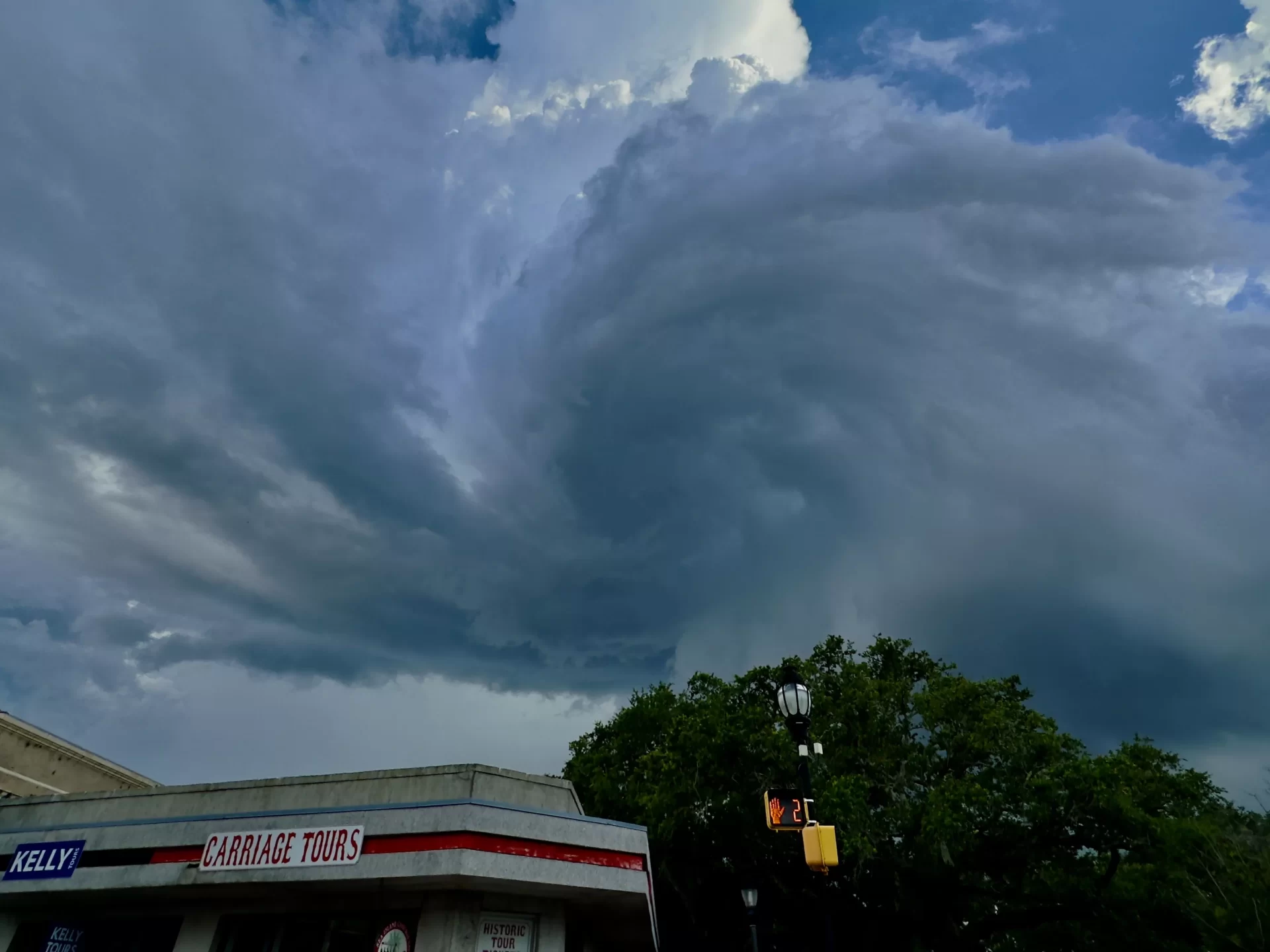By Mike McCombs
ST. HELENA ISLAND – The Beaufort County Council voted at Monday night’s meeting on first reading by title only to repeal all Beaufort County impact fees.
The motion passed 7-3 with one abstention.
Council also voted — 8-2 with one abstention — to refund all school impact fees collected since they were enacted in the fall.
Impact fees, often misunderstood, are a method the county uses to force areas of the county that are seeing new development to help pay for the new infrastructure needed to support this development, as opposed to unfairly passing the costs along to parts of the county that aren’t seeing any development.
Beaufort County Public Information Officer Chris Ophardt summarized the county’s position in an email to The Island News.
“The citizens moving to specific areas of the county have created the need for infrastructure improvements. The new citizens and developers of these areas should be required to pay their proportional share for the growth through impact fees. These fees collected in high-growth service areas keep property taxes lower for everyone. They do not socialize the county’s infrastructure costs forcing citizens in areas like St. Helena and Seabrook, to pay to build schools or recreation facilities in Bluffton, Port Royal and the City of Beaufort.”
Impact fees currently collected in Beaufort County include a roads fee, a parks and recreation fee, a library fee, a fire fee, a boat ramp fee, and the most recent addition, a schools fee.
“Anytime there is new construction, there are development fees collected,” District 5 County Councilman Brian Flewelling said.
Flewelling explained that “some impact fees are collected in agreements with municipalities.” The county can enact the fees for the unincorporated areas of the county, but they have to rely on the county’s municipalities – Hilton Head Island, Bluffton, Port Royal, Beaufort, etc. – to collect fees in their areas.
For example, all of the county’s municipalities collect roads fees.
“Roads fees are a steady source of income,” Flewelling said. “Part of the money used to finance the Boundary Street construction was impact fees” from northern Beaufort County and the City of Beaufort.
But some municipalities don’t have agreements to collect every impact fee. For instance, the City of Beaufort does not collect a library impact fee and hasn’t “for more than a decade now,” Flewelling said.
“So Beaufort County won’t build a new library or make substantial improvements to the main branch library in Beaufort because they don’t collect impact fees.”
It is for this reason that Flewelling made the original motion Monday evening to repeal all school impact fees and return the money collected. The county’s municipalities never started collecting school impact fees and it is unfairly affecting unincorporated Beaufort County.
“It’s unfair for the unincorporated areas of the county to be paying this if no one else is,” Flewelling said.
But District 7 Councilman Logan Cunningham amended the motion to repeal all impact fees, setting the stage for the 7-3 vote.
Cunningham declined to comment on why he moved to repeal all impact fees or what he thought or hoped would happen as a result of the motion passing three readings.
The elimination of the impact fees has two more readings, likely four weeks, before it would become final. A variety of things could occur in that time frame.
“There may very well be impact fees that survive this process, Flewelling said.
Some could go away and conceivably come back after the county studies the matter. Others might remain. Or they all could go away.
“Hopefully by the third and final reading,” Flewelling said, “we will have made the changes that are acceptable to everybody.”
If the impact fees are eliminated, County Council will face a dilemma.
“If the county and the municipalities do not collect these impact fees, the County Council will have to make a tough decision,” Ophardt said, “to continue the forced inequity that presently exists, or to forfeit this funding source, causing an unavoidable increase in property taxes for all citizens, which will impose a sizable debt liability on future generations through bonds and loans to fund the expansion of required infrastructure and facilities.”
Mike McCombs is the editor of The Island News and can be reached at TheIslandNews@gmail.com.









